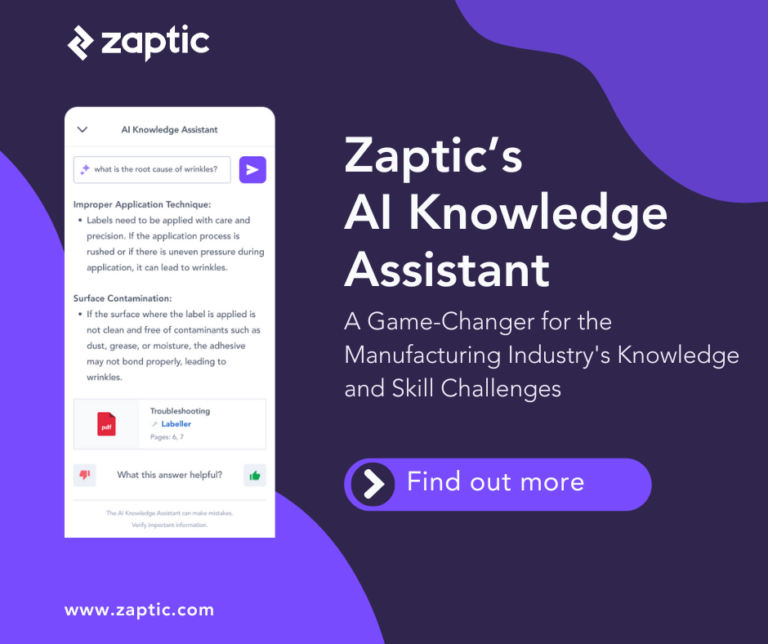Today, the average person changes job ten to fifteen times during her career. People born between 1960s – 1980s averaged two job changes by 32 years of age while young people today average four [1]. This indicates a shift away from the employment for life mindset – understood as the first job you get determines your career path for life.
In the past, you either spend your working life staying with the same company and climbing up the hierarchy, or if you move to a different company, it would be to do the same job.
A changing, more flexible labour market – good or bad?
There are studies suggesting that younger workers are not motivated by the same factors as previous generations – having the stability of a job for life has been replaced by more valued factors such as greater flexibility and work-life balance, opportunities to relocate, develop and pursue different interests [2].
This has been reflected in the way the labour market is changing. Indeed, full-time, permanent work as an employee still makes up the majority of employment in the UK – 63%. However, there has been a visible shift towards more flexible forms of work such as part-time and self-employment. Presently, over a quarter of employment in the UK is part-time and self-employment accounts for 15.1% of total employment [3].
The change in the employment landscape can be a positive one, providing greater flexibility and more opportunities for people to balance their professional and personal lives. However, many of the jobs that offer greater flexibility are low wage jobs – waiters and waitresses, bar staff, cleaners, checkout operators in supermarkets and shops were among the lowest paid jobs in Britain last year [4]. There seems to be a disconcerting tendency for flexibility to be at the cost of career progression opportunities. New research from the Social Mobility Commission has found that a quarter of low paid workers in the UK feel ‘permanently stuck’ at their job and blocked from career progression [5].
The Taylor Review, an independent review of modern working practices by Matthew Taylor, chief executive of the Royal Society of Arts, makes an important step towards addressing this issue ensuring that all work, regardless of its form is “fair and decent with realistic scope for development and fulfilment.”
The reality is that many jobs that offer the flexibility fail to tick the “scope for development and fulfilment” box. As Rt Hon Alan Milburn, chair of the Social Mobility Commission noted “A new approach is needed to break the vicious cycle where low skills lead to low pay in low quality jobs.” [5]
Fair and fulfilling future of work for all – is it possible?
Having the chance to attend the ‘Future of Fair Work Challenge’, organised by Bethnal Green Ventures gave me invaluable insight into to the breadth of challenges that low paid workers across different sectors face. A complex interplay of factors – evolving labour market, organisations’ practices, governmental policies, economic conditions – means that there is no simple and instant solution. However, to me, the key takeaway from the Challenge was that:
The challenge of building a fair and fulfilling future of work for all may be significant, but there are devoted, talanted people with great ideas and passion working hard to make it reality.
At the BGV event I was fortunate to meet many like-minded individuals who are determined to improve labour standards with the help of technology. This gave me and my Zaptic colleagues great confidence that the vicious circle can be broken and the barriers that workers in low wage jobs face can be removed.
Let’s clear the way for employability!
One of the steps towards breaking barriers, as the Taylor Review suggests is improving:
“how people, working atypical or casual work are able to obtain, improve and evidence skills and experience over the course of a working life.”
Over their lifetime, people expect to obtain their income from more than one source, often simultaneously. Hundreds of thousands of people in the UK move each year into and out of employment, working for at least one employer, balancing work with study and caring for others. Employability therefore becomes a matter of ongoing skills development and the ability to showcase and transfer these skills.
A barista looking for a job in retail, for example, might not have retail-specific experience which could be a barrier to finding work in the sector. A standardised way of measuring and recording a worker’s performance can help them to build a ‘portfolio’ of transferable skills that they can take from job to job. This can help to eliminate the feeling of being trapped in one job or industry, transforming work experience from a barrier to a stepping stone.
Technology can help workers to take their skills from one job to another a bit like a school student takes the toolset in their pencil case from one class to the next. If as a barista the worker has a way of recording her track record of attending work on time, completing daily targets, following instructions and best practices, then she can provide the retailer with evidence of work ethic and skills that can directly be applied in the retail as well as many other contexts.











